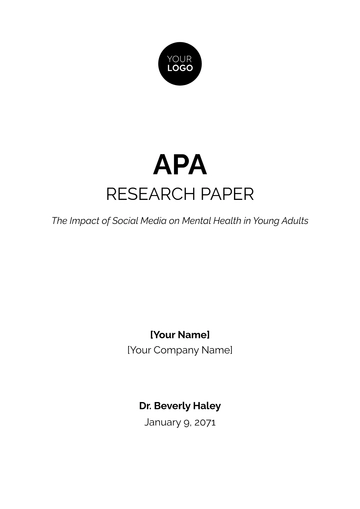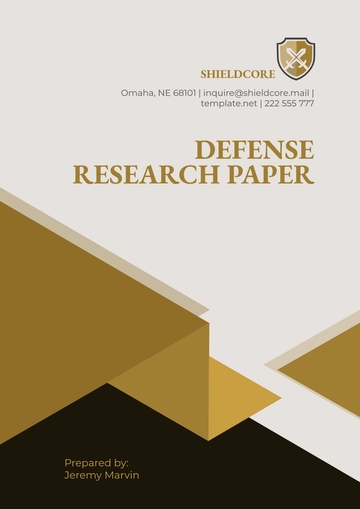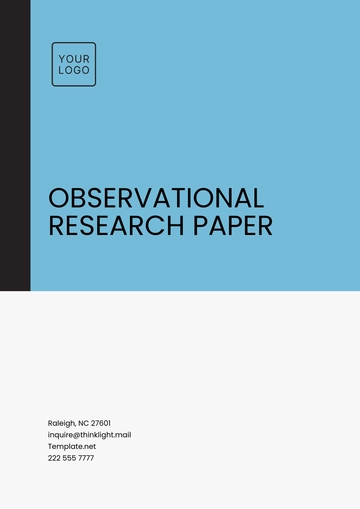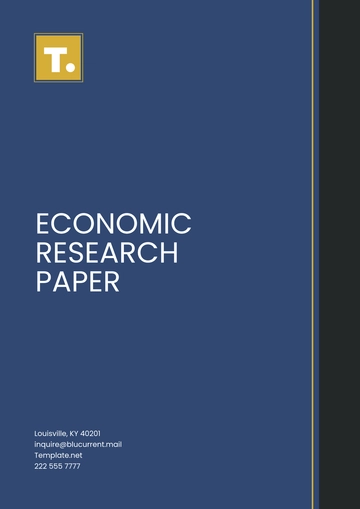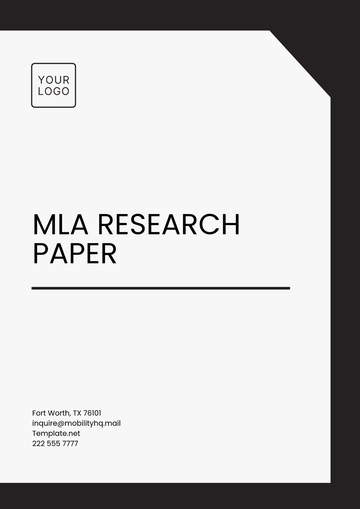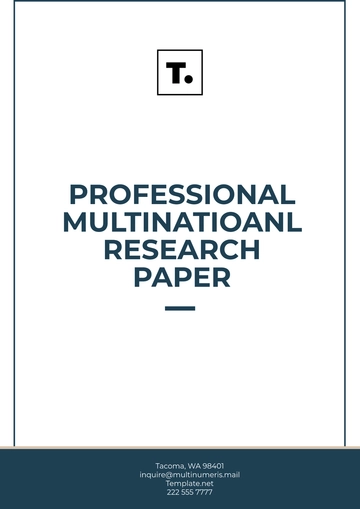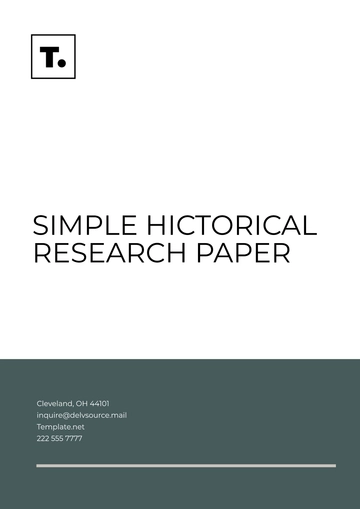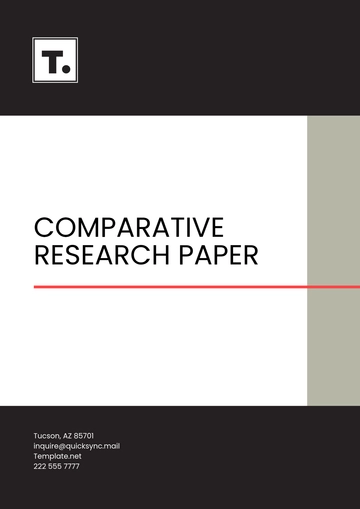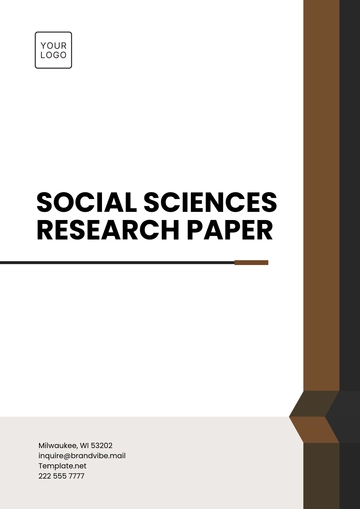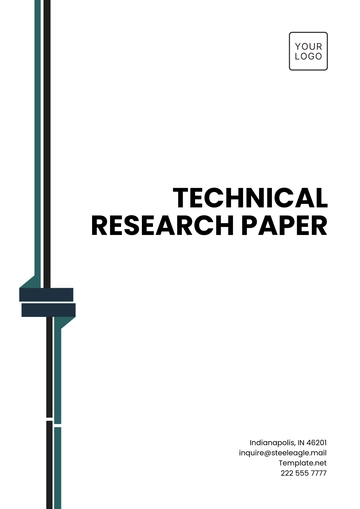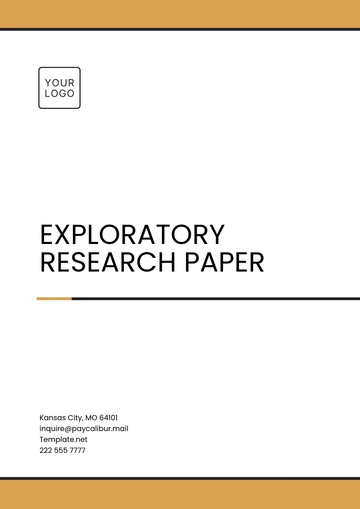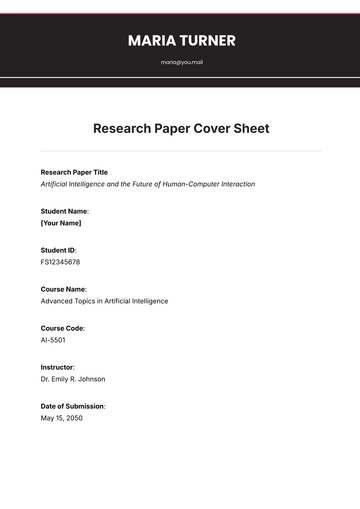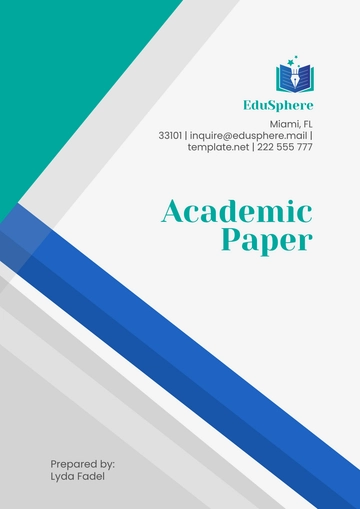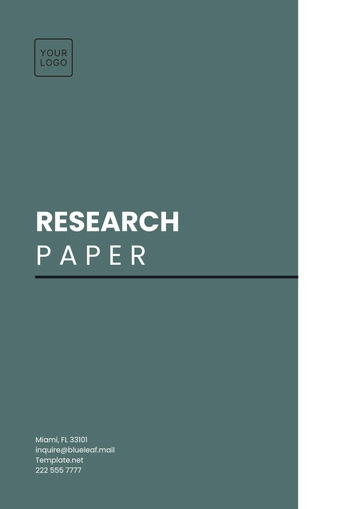Free Case Study Research Paper
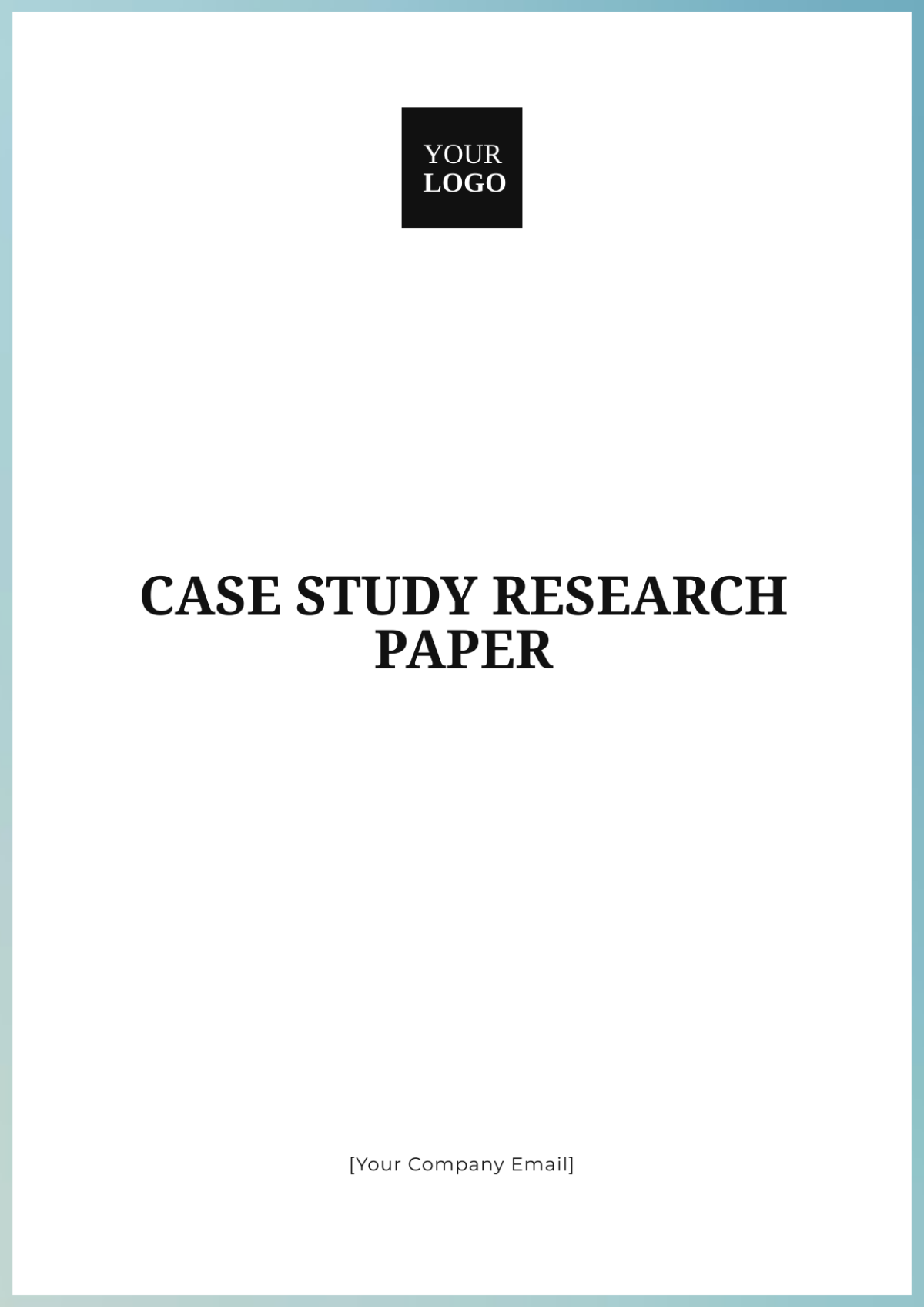
Case study research is a qualitative research methodology that provides an in-depth analysis of a particular subject, event, entity, or phenomenon within its real-life context. This approach is widely used across social sciences, business, law, and healthcare, among other fields. This paper aims to delve into the key aspects of conducting a case study research paper, including its purpose, methodologies, strengths, and limitations.
Definition and Purpose
Case study research involves an empirical inquiry that investigates a contemporary phenomenon within its real-life context, especially when the boundaries between phenomenon and context are not evident. The primary purpose of a case study is to provide insight into a specific instance that can offer broader theoretical implications.
Exploratory: Aimed at exploring phenomena to develop hypotheses and propositions.
Descriptive: Involves a detailed description of the phenomenon within its context.
Explanatory: Seeks to explain causal relationships within real-life contexts.
Methodologies
Case study research methodologies can be divided into several types based on the nature of the investigation and the type of case study conducted.
Types of Case Studies
Single-case study: Focuses on a single instance to investigate deeply.
Multiple-case study: Involves two or more cases to draw comparative insights.
Intrinsic case study: Focuses on understanding a specific case of unique interest.
Instrumental case study: Investigates a case to provide insight into an issue or to refine theory.
Data Collection Methods
Interviews: Structured, semi-structured, or unstructured interviews with key participants.
Observations: Real-time or participant observations to gather contextual data.
Document Analysis: Reviewing documents, records, and archival data relevant to the case.
Surveys and Questionnaires: Collecting quantitative and qualitative data from a larger sample size.
Strengths and Limitations
Strengths
Contextual Depth: Provides rich contextual data that quantitative methods overlook.
Exploratory Power: Useful in exploring new or complex phenomena for which little prior research exists.
Multiple Data Sources: Allows for the triangulation of data from multiple sources, enhancing the study’s validity.
Limitations
Generalizability: Results from case studies may not be generalizable to larger populations.
Time-Consuming: Data collection and analysis can be time-consuming and resource-intensive.
Bias: Potential for researcher subjectivity and biases in data interpretation.
Case Study Process
The case study research process involves several steps to ensure thorough investigation and accurate results. Below is a general outline:
Step | Description |
|---|---|
1. Define the Research Question | Identify a clear, concise research question or hypothesis. |
2. Design the Study | Choose the type of case study and data collection methods. |
3. Collect Data | Gather data using various methodologies such as interviews, observations, etc. |
4. Analyze Data | Analyze data through coding, pattern identification, and cross-case synthesis if applicable. |
5. Report Findings | Compile the findings into a comprehensive report, discussing implications and limitations. |
Conclusion
Case study research is a powerful and versatile method for gaining insights into complex issues within their real-life contexts. While it has limitations, its ability to provide an in-depth understanding and holistic perspective makes it invaluable in various disciplines. By meticulously following research protocols, researchers can minimize biases and maximize the validity of their findings, thereby contributing valuable knowledge to their respective fields.
References
Yin, R. K. (2055). Case Study Research and Applications: Design and Methods (6th ed.). SAGE Publications.
Stake, R. E. (2054). The Art of Case Study Research. SAGE Publications.
Eisenhardt, K. M. (2052). Building Theories from Case Study Research. Academy of Management Review, 14(4), 532-550.
- 100% Customizable, free editor
- Access 1 Million+ Templates, photo’s & graphics
- Download or share as a template
- Click and replace photos, graphics, text, backgrounds
- Resize, crop, AI write & more
- Access advanced editor
Showcase in-depth analysis with Template.net's Case Study Research Paper Template. This fully editable and customizable template in our Ai Editor Tool offers a robust framework for documenting case studies, ensuring your research paper is both informative and professionally presented. Perfect for academic or business purposes.



